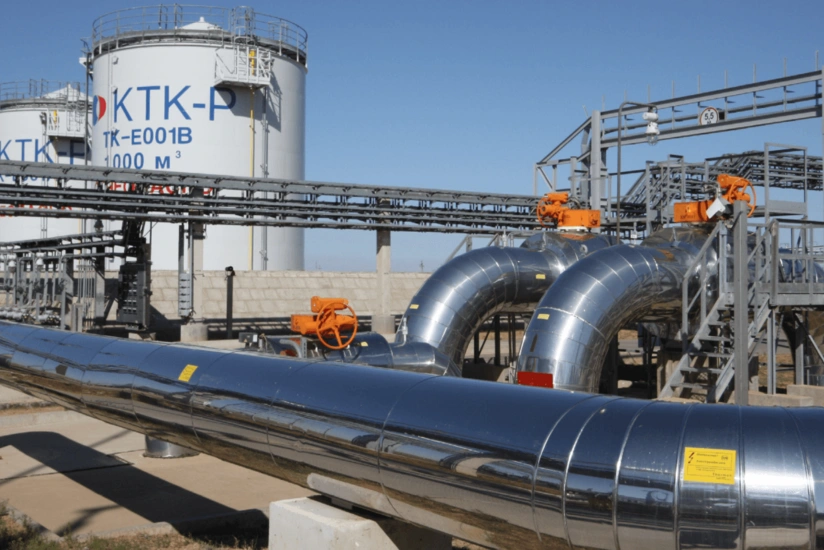What is Europe doing to reduce dependence on Russian energy sources?
- 09 March, 2022
- 13:15

The United States has banned the imports of Russian energy sources, including crude oil, petroleum products, petroleum fuels, lubricating oils, liquefied natural gas, coal, and coal products, and prohibited new investments in this country's energy sector. The United States is not Russia's primary market for the supply of oil and petroleum products. Last year, Russia was responsible for 3% of US crude oil imports and 8% together with petroleum products. The US made the move following intensive consultations with allies and partners worldwide, particularly in Europe. However, there is an understanding overseas that Europe will not be able to join the import ban.
Despite this, yesterday, the multinational oil and gas companies British Petroleum (BP) and Shell announced they would not buy oil and gas from Russia, and Britain would stop importing oil and oil products from this country by the end of 2022. In Britain, 8% of oil consumption and 4% of natural gas demand is met by Russia. Nevertheless, London insists on a complete rejection of Russian gas, and even the most radical steps are being considered to this end. This includes the recovery of shale oil production by fracking. The fact is that due to possible environmental consequences (during the fracking method, hydraulic fracturing is performed, while water and chemical additives are pumped into drilling wells under high pressure, which, in particular, can lead to contamination of drinking water), gas production by this method actually has been under a moratorium for the past two years. A similar ban is in effect in many European countries. But, apparently, in the current situation, environmental issues fade into the background. The main issue is to ensure energy security and neutralize dependence on Russia.
This is of exceptional importance for Germany, which is heavily dependent on Russia for its energy supply. Europe's largest economy receives 35% of oil, 55% of natural gas, and 50% of coal from Russia.
If any problems arise with the supply of energy from Russia amid its military actions against Ukraine, then Germany won't be able to meet its energy needs by renewable sources, including solar, wind and hydroelectric power plants.
The main burden will again be on traditional energy, including ecologically unsafe carriers.
Coal-fired power plants will be on standby to be prepared for the worst-case scenario in the near term. The government is considering decommissioning these stations later than previously thought. Germany planned to do this before 2038.
The country expects to build two terminals to receive liquefied natural gas in the medium term. The decision has already been made at the government level. The terminals will be located in Brunsbüttel and Wilhelmshaven.
Wider use of nuclear power is also being considered, although all of the country's nuclear power plants would be off the grid by the end of this year.
Germany's current oil reserves are sufficient to meet the country's 90-day requirement. The government announced the creation of similar coal reserves.
Europe-wide mechanisms may also be involved to minimize the consequences of a possible energy crisis in the event of a further deterioration in relations with Russia.
Thus, the EU countries will have to share natural gas reserves in case of force majeure.
First of all, it concerns the protection of households from natural gas shortages. In parallel, the European Commission is working to ensure additional supplies of natural and liquefied gas. According to official information, negotiations are already underway with Azerbaijan, Egypt, Nigeria, and Norway. Japan has already announced that it will send the rest of the purchased LNG to Europe. In addition, Qatar is ready to increase natural gas supplies to Europe.
Europe may revise the doctrine of decarbonization. Against the backdrop of new threats to energy security for the continent, environmental issues will fade into the background.
Today, environmental issues are on one side of the scale, and Russia is on the other side, seen by many as a real threat to the traditional world order. What is happening in Ukraine has led to such consolidation in Europe, which has not been observed in recent decades. In this sense, all options for reducing energy dependence on Russia are being considered. Europe is well aware that the more it relies on its internal energy sources, the more confidently it will respond to external economic problems and challenges.
